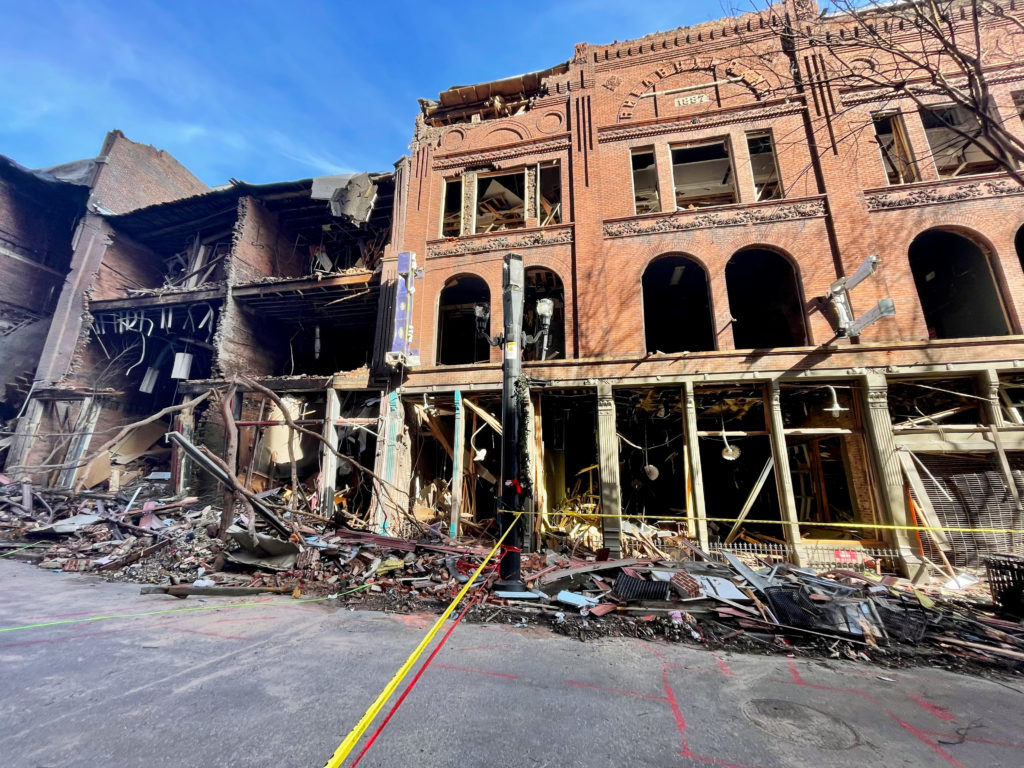
Nashville is adding more layers to preserve historic cultural sites.
Councilmember Jeff Syracuse wants to ensure Nashville’s character is maintained and not completely replaced with something shiny and new.
“As we all know, the frustrating reality is Council doesn’t have any tools in the toolbox to help encourage preservation at the local level amidst a development boom unlike Nashville has ever seen,” he tells WPLN News via email.
So towards the end of his first term he got to work figuring out what the Metro Council could do that the state won’t interfere with.
Tuesday night, the council passed two new laws that created tax exemptions for historic properties, abatements for improving a historic property and a review board to oversee it.
The first law (BL2019-49) is meant to ease the financial burden for property owners because of the costly nature of rehabbing older buildings. To qualify for tax exemption, the property has to be owned by a nonprofit entity for at least 10 years, listed on the national register of historic places and used for occasional rentals with limitations.
The second law (BL2019-3), which would be open to individual owners, requires them to restore the structure following specific guidelines while receiving the tax abatement. In addition, the improvements would need to cost a minimum of $100,000. The agreements can last a minimum of 10 years for partial or exterior work or 15 years if a full restoration is needed. The city’s legal department estimates around 700 properties qualify.
Urgent preservation
The bills were initially proposed last October but was put on pause to analyze the impact it would have on the city’s budget. Implementation is estimated to cost nearly $600,000 in the first year.
Since last fall, two historic sites have captured the city’s attention because of their potential demolition.
The Christmas day bombing damaged historic buildings on 2nd avenue. Now the planning commission has to vote on if the structures should be demolished.
Petitioners have tried to halt demolition of the Boyd House. The structure was home to prominent Black city leaders Henry Allen Boyd and Georgia Boyd. She was an activist for gender and racial equity; he was a bank president, newspaper publisher and leader in the National Baptist Convention.
During Tuesday’s meeting, councilmember Sharon Hurt raised questions about if the Boyd House near Fisk University’s campus would qualify.
Right now it’s uncertain if it meets the requirements.
“I would encourage the councilmen of that district to seek some more information and assistance,” Hurt says. “I’ll be happy to help to make sure it’s qualified.”
Nashville is following in the footsteps of Rutherford county which was the first in the state to take advantage of these preservation laws. Since the tax abatements were implemented two years ago, the Rutherford county property assessor says there has been an insignificant amount of revenue loss.

